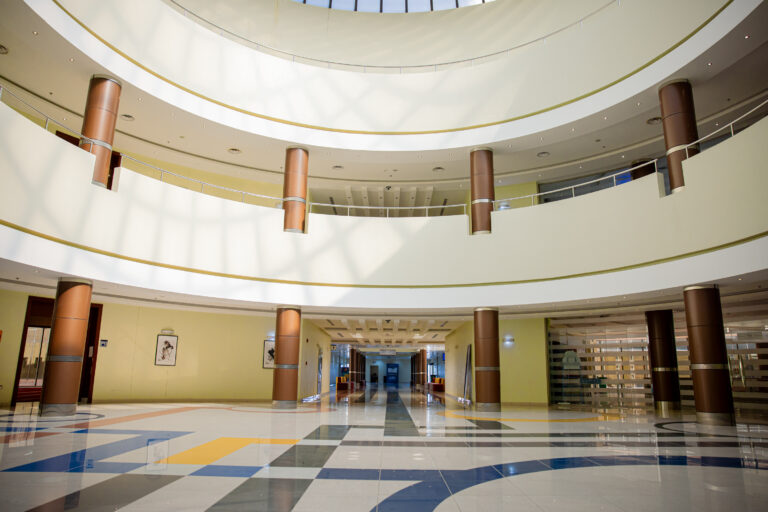Planning section

Head of Department:
Dr.. Abdulaziz Al-Sharif
Office :
College of Architecture and Planning Building
Phone number :
0163020370
e-mail:
cap.pd@qu.edu.sa
Vision
Leadership in education, research and innovation in the fields of planning and urban design, to contribute to building sustainable and inclusive cities that support the quality of life and fulfill the aspirations of comprehensive national development.
Mission
The Urban Planning and Design Program seeks to qualify specialized national cadres with scientific competence and applied ability to contribute to the development of sustainable urban environments, by providing integrated and accredited academic education locally and internationally, based on the latest knowledge and practices in the fields of planning and urban design, keeping pace with contemporary urban challenges, and enhancing the quality of life in different environmental, social and economic contexts
Overview
The Department of Urban Planning and Design at the College of Architecture and Planning at Qassim University was established in response to the growing need for specialized cadres capable of dealing with contemporary urban challenges and supporting the trends of sustainable development in the Kingdom of Saudi Arabia, especially in the Qassim region, which is witnessing rapid urban growth and remarkable spatial and demographic diversity. This department is considered a major complement to the college's academic system, through its role in graduating qualified specialists in the fields of urban planning and urban design The study in the department was launched as of the first semester of the academic year 1446 A.H., according to an integrated academic program divided into two specialized tracks: It aims to prepare graduates who possess high scientific and professional competencies that qualify them to contribute effectively to the development of the urban environment and improve the quality of urban life. The study plan begins with a joint year with the Department of Architecture, focusing on building a solid knowledge base that includes the concepts of the urban environment, spatial blocks, urban perception, and basic urban terminology. Then, in the second and third years, the student progresses to study joint specialized courses that deal with the principles, theories and methods of urban planning and design at the local, regional and global levels, which enhances his ability to analyze, study and evaluate urban development. At the beginning of the fourth year, the program branches into two specialized tracks, enabling the student to go deeper into the field that corresponds to his academic inclinations and professional aspirations. The program concludes in the fifth year with an applied graduation project, which represents the culmination of the educational outcomes and acquired skills, and shows the student's readiness to engage in professional practice. Through its educational and training programs, the department contributes to supporting national urban development plans and actively participating in achieving the goals of Saudi Vision 2030 by graduating a generation of urban planners and designers capable of making a tangible impact in the development of sustainable cities and urban communities
Objectives :
1- Gain comprehensive knowledge in the concepts, theories and practices of urban planning and urban design at the local, regional and global levels.
2- Applying analytical, planning and design methodologies in studying urban issues and providing innovative and sustainable solutions that take into account environmental, social and economic dimensions.
3- Employing contemporary tools and techniques including geographic information systems, urban modeling techniques, spatial analysis, and digital technology in the fields of planning and design.
4- Commitment to professional and ethical values that promote belonging to the community and respect its culture and traditions, while actively contributing to improving the quality of life.
5- Effective communication, teamwork, and leadership within multidisciplinary teams, both in academic and professional contexts.
6- Positively interacting with contemporary urban challenges such as rapid urbanization, growth management, climate change, urban transportation, and quality of the built environment.
